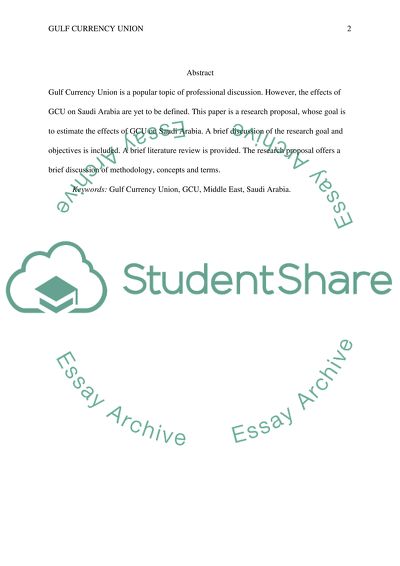Cite this document
(“Gulf Currency Union Research Proposal Example | Topics and Well Written Essays - 1500 words”, n.d.)
Retrieved from https://studentshare.org/finance-accounting/1427603-gulf-currency-union
Retrieved from https://studentshare.org/finance-accounting/1427603-gulf-currency-union
(Gulf Currency Union Research Proposal Example | Topics and Well Written Essays - 1500 Words)
https://studentshare.org/finance-accounting/1427603-gulf-currency-union.
https://studentshare.org/finance-accounting/1427603-gulf-currency-union.
“Gulf Currency Union Research Proposal Example | Topics and Well Written Essays - 1500 Words”, n.d. https://studentshare.org/finance-accounting/1427603-gulf-currency-union.


